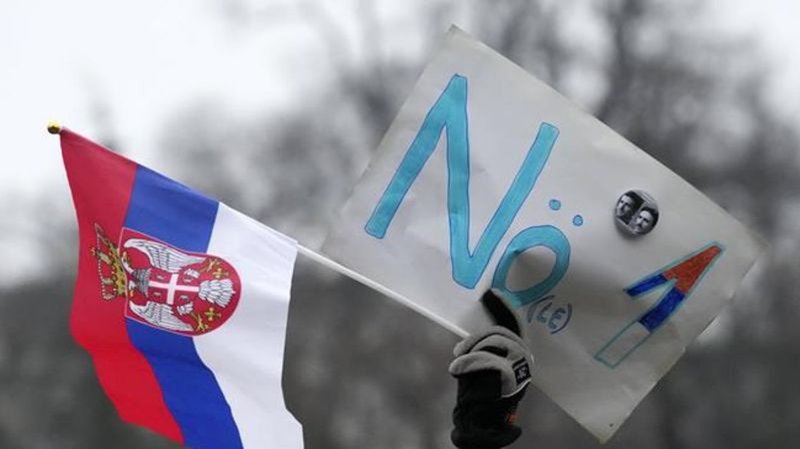
Will he stay or will he go? Djokovic’s hearing looms large
After four nights in an Australian immigration detention hotel, Novak Djokovic will get his day in court Monday in a deportation case that has polarized opinions and elicited heartfelt support for the top-ranked tennis star in his native Serbia.
Djokovic had his visa canceled after arriving at Melbourne airport last week when Australian border officials ruled that he didn’t meet the criteria for an exemption to an entry requirement that all non-citizens be fully vaccinated for COVID-19.
His lawyers have since filed court papers in his challenge against deportation from Australia that show Djokovic tested positive for COVID-19 last month and recovered. He used that as grounds in applying for a medical exemption to Australia’s strict vaccination rules.
The case is scheduled for a virtual hearing to appeal the visa cancellation. It will take place at 10 a.m. local time in Melbourne (2300 GMT Sunday) in the Federal Circuit and Family Court of Australia.


